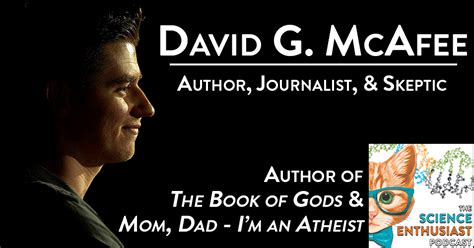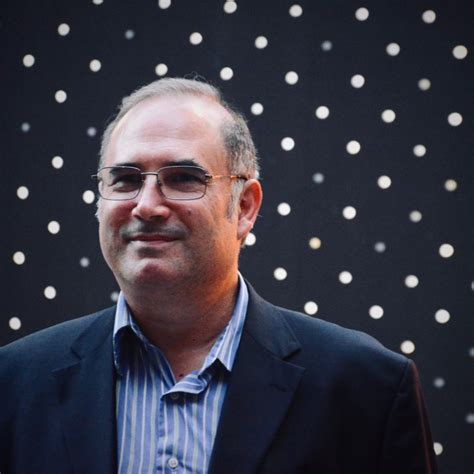A Quote by Takuan Soho
One is not likely to achieve understanding from the explanation of another.
Quote Topics
Related Quotes
Regarding this Dhamma, it is not something that we can simply talk about or take another's word for it. We need to develop meditation so that the understanding arises clearly within oneself. It is not the case that merely by listening to another's explanation our defilements will disappear. When we gain some understanding we need to chew on it again so that we see it for ourselves with certainty: paccattam.
There are unidentified flying objects. That is, there are a hard core of cases-perhaps 20 to 30 percent in different studies-for which there is no explanation. We can only imagine what purpose lies behind the activities of these quiet, harmlessly cruising objects that time and again approach the Earth. The most likely explanation, it seems to me, is that they are simply watching what we are up to
Evolution is a very, very important idea. It is the explanation for all of life - a stunningly simple, yet powerful explanation. If you think about it, before Darwin, we hadn't the foggiest idea of how we came into being. Now we do. It's still such an exciting idea that it is well worth everybody understanding it.
Understanding God is not attained by calling into session all arguments for and against Him, in order to debate whether He is a reality or a figment of the mind. God cannot be sensed as a second thought, as an explanation of the origin of the universe. He is either the first and the last, or just another concept.
Is it possible, in the final analysis, for one human being to achieve perfect understanding of another? We can invest enormous time and energy in serious efforts to know another person, but in the end, how close can we come to that person's essence? We convince ourselves that we know the other person well, but do we really know anything important about anyone?
I don’t like the idea of “understanding” a film. I don’t believe that rational understanding is an essential element in the reception of any work of art. Either a film has something to say to you or it hasn’t. If you are moved by it, you don’t need it explained to you. If not, no explanation can make you moved by it.
Christian apologists who argue that a story about an empty tomb is convincing evidence of a resurrected body are likely unfamiliar with Occam’s razor, which states that among competing hypotheses, the hypothesis with the fewest assumptions should be selected. They assume that the most likely explanation is miraculous resurrection through some unproven divine connection, but more likely scenarios include a stolen body, a mismarked grave, a planned removal, faulty reports, creative storytelling, edited scriptures, etc. No magic required.
If you wanted to show a mirror to people that says, 'You've been drunk on money,' they're not going to want to see it. But if you reflected that mirror on another time they'd be willing to. People will need an explanation of where we are and where we've been, and 'The Great Gatsby' can provide that explanation.
For if as scientists we seek simplicity, then obviously we try the simplest surviving theory first, and retreat from it only when it proves false. Not this course, but any other, requires explanation. If you want to go somewhere quickly, and several alternate routes are equally likely to be open, no one asks why you take the shortest. The simplest theory is to be chosen not because it is the most likely to be true but because it is scientifically the most rewarding among equally likely alternatives. We aim at simplicity and hope for truth.
There's no obvious reason to assume that the very same rare properties that allow for our existence would also provide the best overall setting to make discoveries about the world around us. We don't think this is merely coincidental. It cries out for another explanation, an explanation that... points to purpose and intelligent design in the cosmos.
The Universe was a silly place at best...but the least likely explanation for it was the no-explanation of random chance, the conceit that abstract somethings 'just happened' to be atoms that 'just happened' to get together in ways which 'just happened' to look like consistent laws and some configurations 'just happened' to possess self-awareness and that two 'just happened' to be the Man from Mars and a bald-headed old coot with Jubal inside.
































